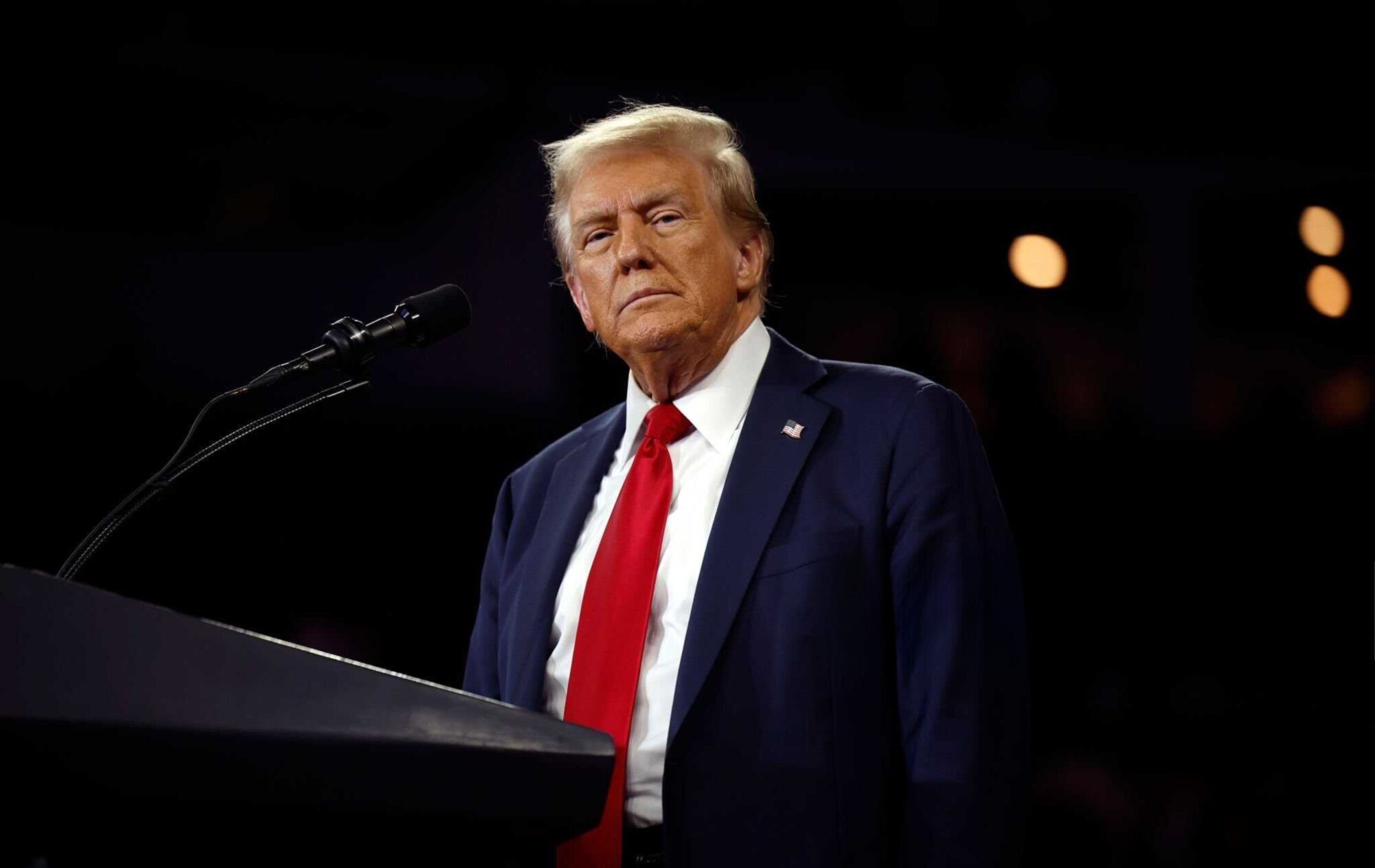
While the thought of Facebook deciding for me what content I should see is scary, the thought of politicians deciding what is true and what is “misinformation” is even scarier.
On Tuesday and Wednesday of this week, the U.S. Supreme Court will consider cases that could significantly impact the internet. In both Gonzalez v. Google and Twitter v. Taamneh, the High Court is being asked to reduce immunity available to technology platforms like YouTube and Twitter for the content they host.
At issue is a provision of the Communications Decency Act of 1996: Section 230. Section 230, a mere twenty-six words, basically says that an internet company, like Facebook, is not legally liable for content that is posted by third parties that use the platform. This means that if you use Facebook to publicly lie about an ex-spouse, as an example, that spouse cannot sue Mark Zuckerberg for defamation.
The Battle Lines
Proponents of Section 230’s protections argue that the internet as we know it would not exist without them. There simply is no way for Google, Facebook, Twitter or any other platform that hosts third party content to police billions of users for the accuracy and propriety of what they are saying online.
Critics, however, argue that Tech companies have become too powerful. Growing concerns have created strange bedfellows, motivated by different things. Democrats, like President Joe Biden, oppose Section 230 protections because they claim those protections promote the spread of misinformation or content that leads to violence or civil rights abuses. In July 2021, Senators Amy Klobuchar and Ben Ray Lujan introduced a bill that would open Tech companies up to liability if their algorithms promoted “health misinformation,” for example.
Republicans, like former President Donald Trump or U.S. Senator Josh Hawley (MO), have argued that tech companies are presently engaged in silencing or censoring conservative viewpoints. They contend that because of this discrimination, these platforms should not be protected from liability.
Conflicting Interests
If it sounds like the reasons from each camp cut against each other, it’s because they do. One wants to remove Sec. 230 protections in order to restrict speech more. The other wants to remove Sec. 230 protections because they claim speech is already being restricted.
The truth is that while conservatives have some legitimate beefs with how Tech companies are operating, removing Sec. 230 protections is much more likely to give their political opponents a win than it is to even the playing field.
Without the protections, these platforms are likely to take a much more heavy-handed approach in content moderation, with even more restrictions on and censorship of free speech. Take “Big Tech” out of it and consider this: if I can be held liable for what you say while standing on my front lawn, then I’m going to restrict what you say on my front lawn, or disinvite you altogether. It’s hard to imagine this would be any less true on the internet.
And while the thought of Facebook deciding for me what content I should see is scary, the thought of politicians deciding what is true and what is “misinformation” is even scarier. People should be able to hear, for instance, that perhaps masks are not effective against the spread of the coronavirus or that there are questions about the efficacy and safety of vaccines.
Enter the Courts
Despite fevered rhetoric from both parties about Big Tech in recent years, Congress has not acted on calls to remove Sec. 230 protections. This may be an indication that much of the rancor is actually a political messaging ploy and not an actual policy desire.
As is the case on so many thorny issues these days, when Congress fails to act, people quite frequently take to the courts. Neither the Gonzalez case nor the Taamneh argue for the complete removal of Sec. 230. Rather, both argue for a narrower interpretation.
Basically, plaintiffs in the cases before the Supreme Court contend that while platforms might be protected from liability if they simply hosted third party content, that protection should not extend when platforms use algorithms to promote certain third party content. It is the difference between passive hosting and active promotion.
In Gonzalez, the plaintiff argues that YouTube’s algorithm gave visibility to ISIS recruiting videos, which in turn, led to the terrorist organization strengthening and committing a 2015 attack in Paris that killed 130 people, including an American college student named Nohemi Gonzalez.
Similarly, the Taamneh case targets Google, Facebook and Twitter, with claims that their algorithms contributed to an ISIS attack that killed 29 people in Instanbul, Turkey.
For its part, Google has argued that its subsidiary YouTube should not be held liable as a “publisher or speaker” of content posted by third parties, and further, that it lacks capacity to monitor “all third-party content for illegal or tortious material.” It contends that if it were required to do so, the “threat of liability could prompt sweeping restrictions on online activity.”
Danger in the Pursuit
Any time one industry or set of people gain power over information that the public uses to make decisions, there is understandable and legitimate concern. In the modern era, with traditional media struggling to gain footing and find its own credibility, prominent technology platforms have a near monopoly on information distribution.
It is important, however, not to exchange one problem for something worse. Government control over information is the hallmark of authoritarian regimes throughout history. An environment in which third parties (people like you and me) were deprived of the ability to share information because technology platforms clamp down to avoid liability is equally frightening for the free exchange of information that is central to a free society.
It’s also important not to throw the baby out with the bathwater. Overwhelmingly, platforms like Google have improved lives. Big Tech employs millions of people in the U.S. in high paying jobs. It makes connecting with family, friends, and people who share our interests easier than ever before. The Googles of the world put the greatest libraries of the world to shame, with instantaneous access to anything a person would ever want to know. Companies like Amazon allows us to find products and services at the drop of a hat and provides the convenience of front door delivery.
Finally, as policymakers and states’ attorney generals weigh action against Big Tech, it is key to balance the value of technology in an increasingly uncertain global economy. One of America’s current advantages against a country like China is our technology. As a cold conflict ramps up, ensuring that we do not hamstring ourselves will be important.











